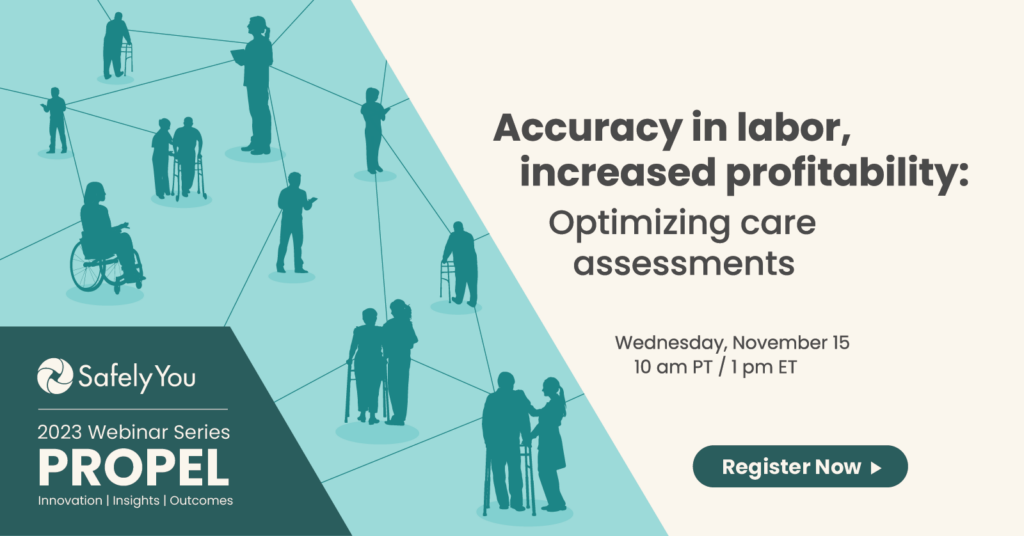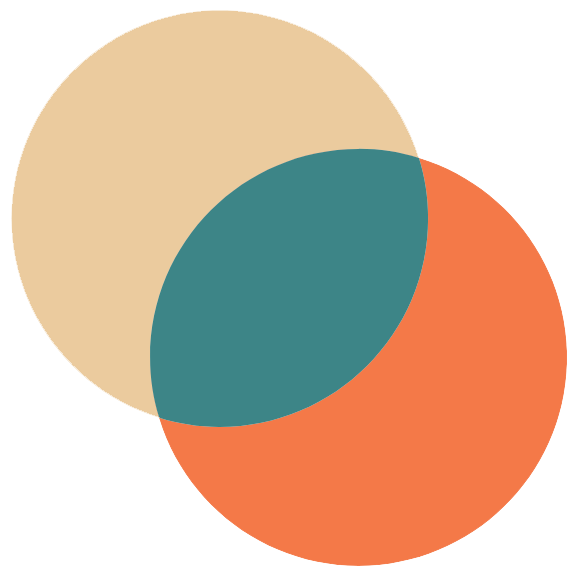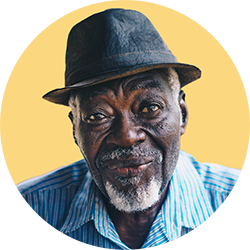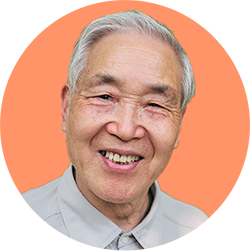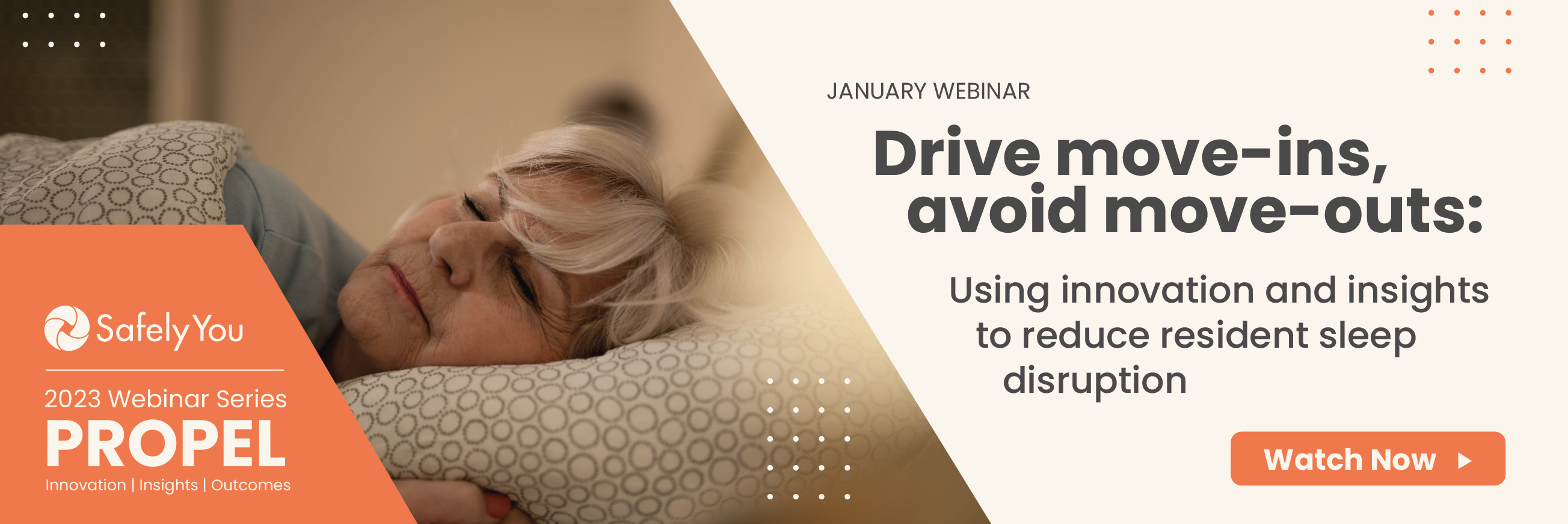
Why better rest for residents means better occupancy for communities
Disruptive nighttime events are one of the main reasons families turn to senior living. And poor sleep quality can begin a cycle of health deterioration, increasing fall risk and other negative health outcomes. According to the National Institutes of Health (NIH), those living with dementia are at a greater risk for sleep disturbances, with poor quality sleep impacting 25% of those with mild to moderate dementia and 50% of those with severe dementia. The issue only gets worse as the dementia progresses—taking an increased toll not just on those who’ve been diagnosed, but those caring for them as well.
So how can you assure families that you’ll help their loved ones get restful sleep—and reduce their risks—when they move into your communities? It starts with insights into and understanding of why sleep is being disrupted, as well as a clearer picture of potential risk.
In this webinar, we discuss the etiology of sleep disturbances and analyze exclusive data about falls and risks overnight, including that the hours between 7 pm to 7 am have the highest likelihood of falls—and that 1 in 7 move-outs is fall-related.
We’ll be joined by guests from Cedarbrook Senior Living—Lauren Costigan, Director of Operations, and Colleen Irvin, Executive Director—who’ll share their experience and case study findings from nighttime data analysis. And we’ll explore how innovation is helping communities take control of several factors to reduce risk, increase safety, and improve resident outcomes. In addition, we’ll examine proven strategies that support better sleep for residents, empowering you to put families at ease about managing sleep disturbances for their loved ones when they’re considering a move into your communities.
Learning objectives:
- Identify possible causes of sleep disturbance and how they impact risk
- Examine what really happens for residents at night through a review of case studies and exclusive data
- Outline strategies for reducing sleep disturbances and improving outcomes
Webinar Hosts

Heather Hallett-Duda, MBA, BSN, BA, RN
Vice President of Clinical Success, SafelyYou
After a decade of delivering care as an intensive care nurse, Heather left the bedside for her love of technology and what outcomes it can produce. She quickly identified that caring for one or two individuals and their families could exponentially be met by bringing innovative technologies to countless numbers of clinicians. Heather has held various roles at technology organizations and for the past 12+ years has acted in a leadership capacity, establishing, expanding and transforming teams. Every healthcare technology organization in which she serves, offers solutions which have an element of providing safer care, which is core to her mission. She believes that being mindful of and caring for the “caregiver” will translate to positive experiences and improved outcomes for those who are recipients of care. Heather holds a Bachelor of Science in Nursing, a Bachelor of Arts in Psychology, a Masters in Health Care Administration and is currently pursuing her Doctorate in Nursing. She is actively licensed as a Registered Nurse in both the United States and Canada.
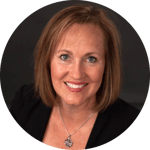
Wendy Starnes, OTR/L
Clinical Success Manager, SafelyYou
Wendy has over 20 years of experience in the field of occupational therapy, specializing in driver rehabilitation, dementia, and fall reduction. She’s spent five years as an instructional designer and course developer, building skills in providing effective training to adult learners. Wendy feels a very personal connection to SafelyYou and its mission, as she had a grandmother she was very close to who suffered a number of falls. When she’s not helping to improve the lives of older adults, you can find Wendy on a culinary or other adventure.
Special Guests
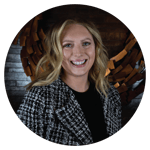
Lauren Costigan RDN, CDP
Director of Operations
Cedarbrook Senior Living
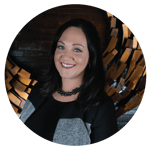
Colleen Irvin CALD, CDP
Executive Director
Cedarbrook Senior Living of Northville
